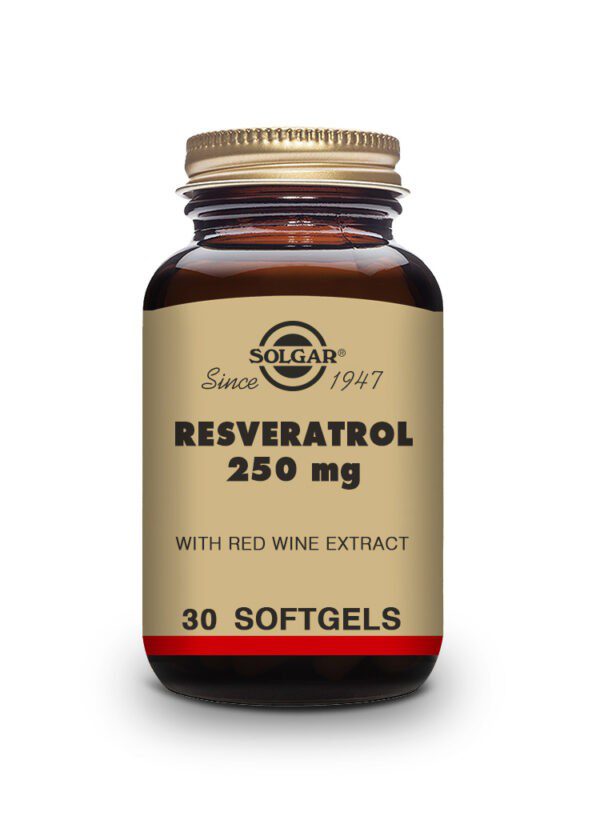
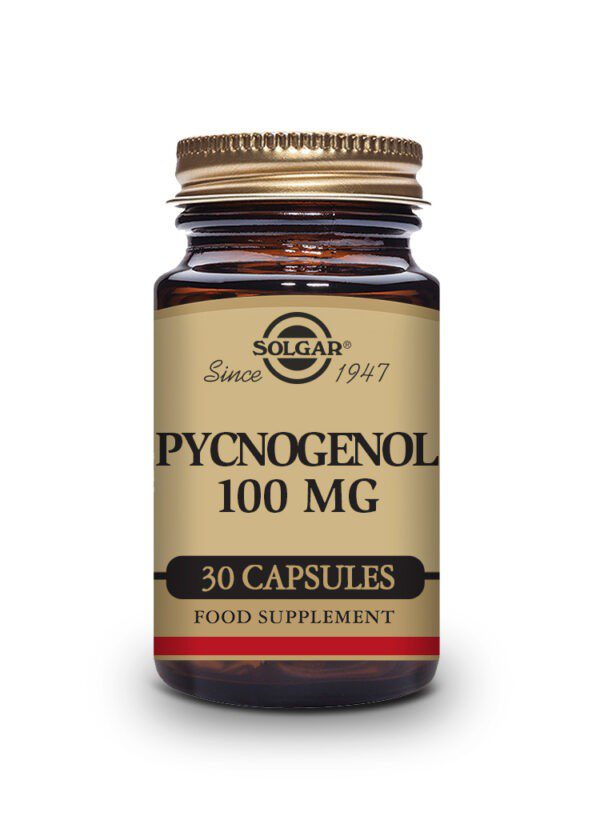
Resveratrol 100 mg 60 Vegetable Capsules Solgar
£31.50 Original price was: £31.50.£25.19Current price is: £25.19.
Resveratrol 100 mg
Resveratrol is a natural polyphenol compound found in various plants, particularly in the skin of red grapes, red wine, and certain berries.
It has gained attention for its potential health benefits and is often associated with the “French Paradox,” which refers to the relatively low rates of cardiovascular disease in the French population despite their consumption of a diet rich in saturated fats.
Here are some key points about resveratrol:
**Antioxidant Properties:** Resveratrol is known for its antioxidant properties. Antioxidants help protect the body’s cells from damage caused by oxidative stress and free radicals. This protection is thought to contribute to various health benefits.
Resveratrol Benefits
**Cardiovascular Health:** Resveratrol is believed to have a positive impact on cardiovascular health. It may help improve blood flow, reduce inflammation, lower blood pressure, and support overall heart health. Some research suggests that moderate red wine consumption may contribute to the “French Paradox” due to resveratrol’s effects.
– **Anti-Inflammatory Effects:** Resveratrol has anti-inflammatory properties, which can be beneficial for reducing chronic inflammation, a factor associated with various diseases, including heart disease, diabetes, and certain cancers.
– **Brain Health:** There is some research suggesting that resveratrol might have neuroprotective effects and potentially contribute to brain health. It may help protect neurons and improve cognitive function.
– **Anti-Aging:** Resveratrol has been studied for its potential anti-aging effects, although the mechanisms behind this are complex and not fully understood. Some studies in animal models have shown that resveratrol supplementation can extend lifespan.
– **Cancer Prevention:** Some laboratory and animal studies have suggested that resveratrol might have anti-cancer properties by inhibiting the growth of cancer cells and promoting apoptosis (programmed cell death). However, more research is needed to determine its effectiveness in humans.
**Sources and Supplementation:**
Resveratrol is found in foods like red grapes, red wine, peanuts, and berries, particularly blueberries and cranberries. However, the concentration of resveratrol in these foods can vary significantly.
Resveratrol supplements are also available. If you’re considering supplementation, it’s important to note that the optimal dosage and its effects are still subjects of ongoing research. Additionally, the bioavailability of resveratrol from supplements can be a concern, as the compound may be metabolized quickly.
**Consult a Healthcare Professional:**
As with any dietary supplement, it’s important to consult with a healthcare provider before adding resveratrol supplements to your routine, especially if you have underlying health conditions or are taking medications.
While resveratrol shows promise, more research is needed to fully understand its effects and potential benefits in humans.
Resveratrol 100 mg is a compound that is found in a variety of plants, including grapes, berries, and peanuts. It is a type of polyphenol, which is a class of plant compounds that are known for their antioxidant properties.
It has been studied for its potential health benefits, including its ability to protect cells from damage caused by free radicals and its potential to reduce inflammation.
Some people use resveratrol 100mg supplements for improving cardiovascular health, reducing the risk of cancer, and promoting healthy aging.
It may also be used for improving brain function, reducing the risk of diabetes, and helping to manage weight.
However, more research is needed to confirm the effectiveness and safety of resveratrol supplements for these and other uses.
Resveratrol 100 mg supplements are generally considered safe when taken in recommended doses.
However, it is important to speak with a healthcare provider before taking any dietary supplement to ensure that it is safe and appropriate for you.


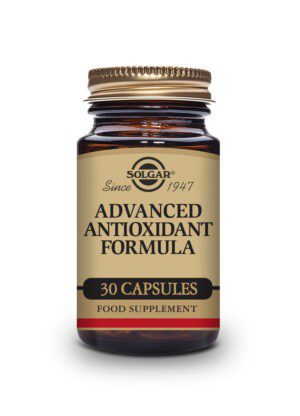
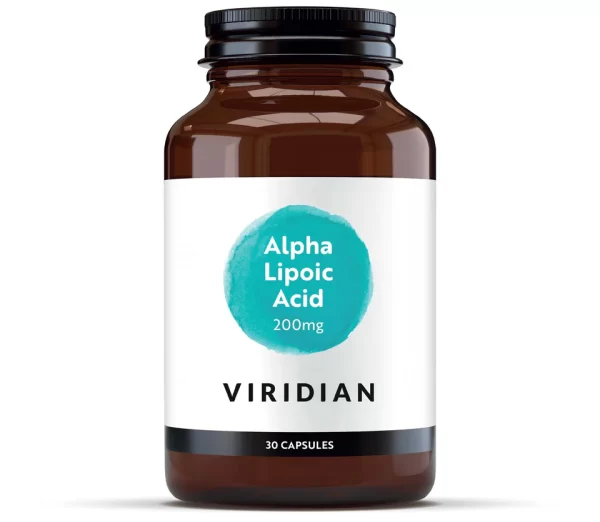
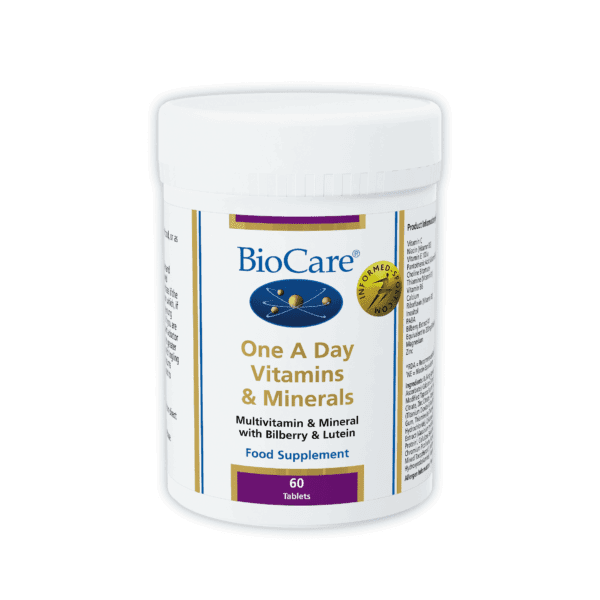
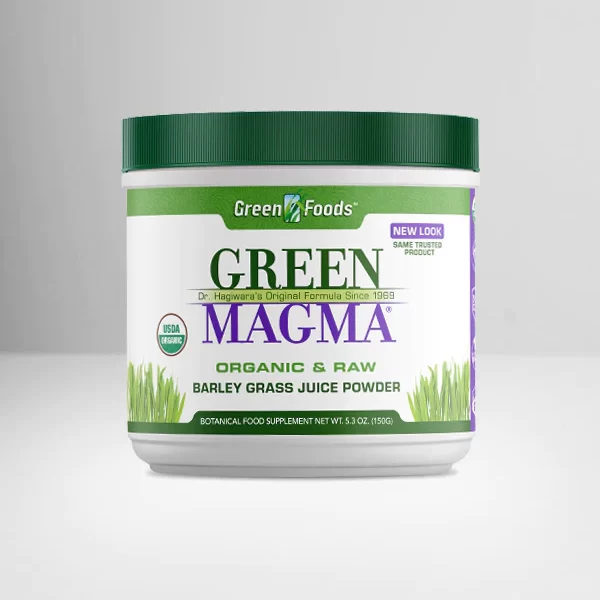
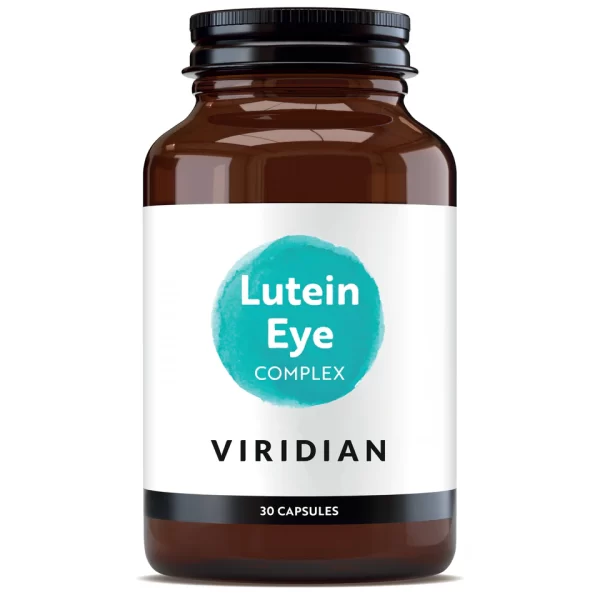
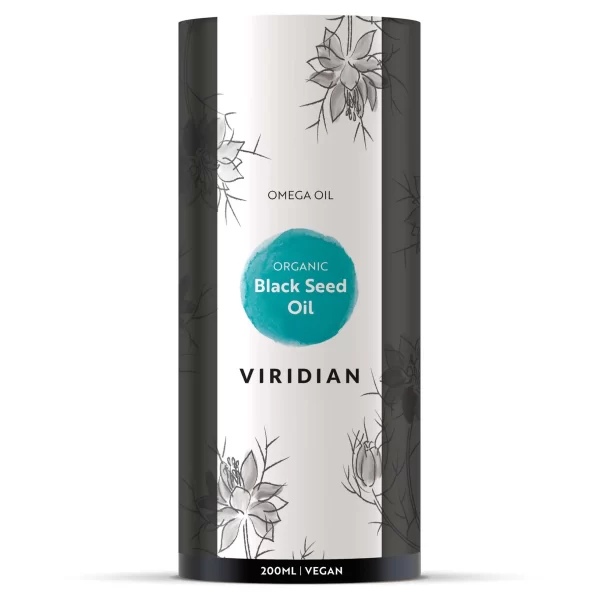
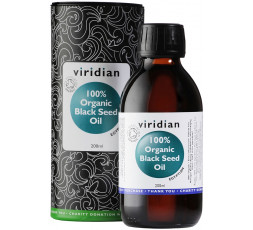
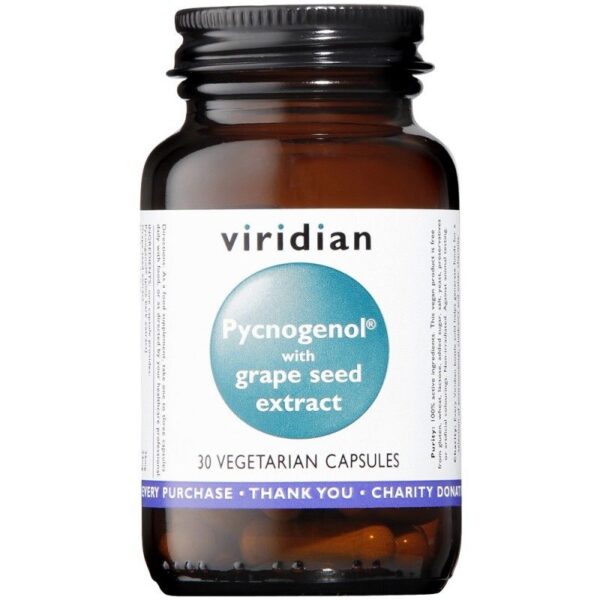
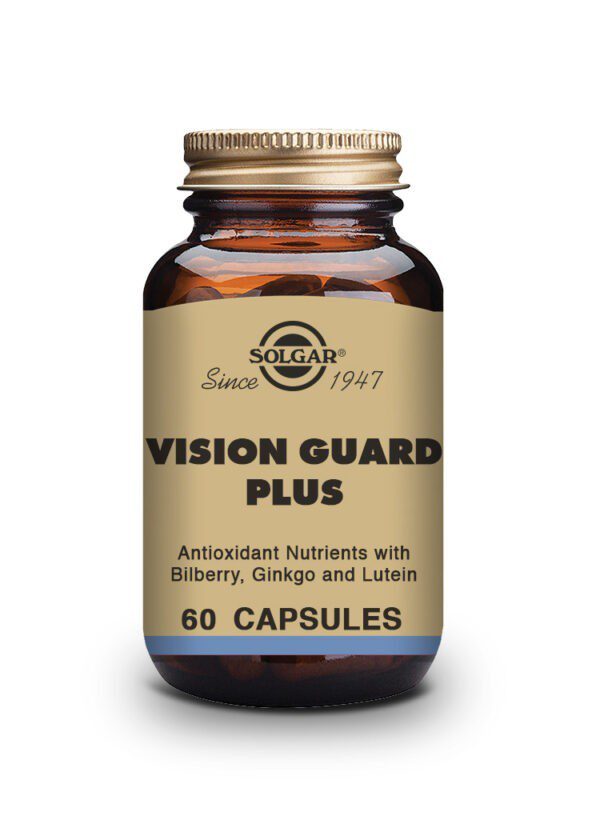




Reviews
There are no reviews yet.